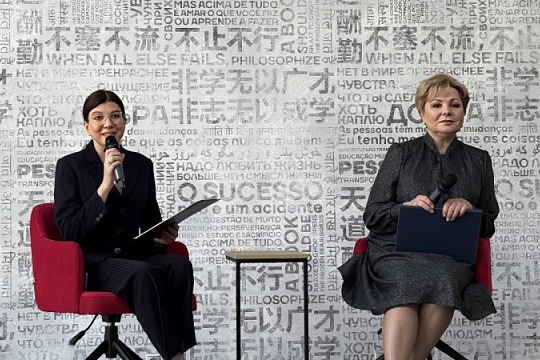Europe mulls finances for military expansion

The European Union started detailed planning around its pending military expansion this week, with finance ministers from its 27 member nations gathering in Brussels, Belgium to discuss how to fund increased defense purchasing and production.
Ministers talked about the bloc borrowing 150 billion euros ($163 billion) for defense projects in the next few years, and the prospect of changing financial rules that prohibit nations from carrying large deficits. They also discussed a larger role for the European Investment Bank, or EIB, at the gathering on Monday and Tuesday.
The meeting followed a defense summit of EU national leaders on Thursday.
The bloc hopes to have some firm decisions in place by June to ensure nations can expand their military might, something that has become an issue in the wake of the Russia-Ukraine conflict, and since United States President Donald Trump stopped sending military aid to Kyiv, a decision that has led many European leaders to wonder if the US is still a reliable ally.
Poland, which holds the EU's rotating presidency, organized the meeting, which Andrzej Domanski, Poland's finance minister, said was needed because of the unstable situation.
"Given the rapidly evolving security landscape, Europe must reflect deeply on the future of defense spending," he wrote to his fellow EU finance ministers. "A stable and predictable funding framework is essential to systematically develop European defense capabilities."
The ministers also discussed how to continue to support Ukraine in the ongoing conflict.
Finance ministers talked in detail about how the bloc might use the 150 billion euros, and about how it could use existing EU funds previously earmarked for other projects. They also discussed how the EIB, which the bloc owns, could be used as a funding source for military projects, if the rules around the types of projects it is allowed to fund are changed.
The EU's executive arm, the European Commission, has said the bloc needs to spend 800 billion euros in the longer term to rearm Europe.
The EU hopes to be able to support member nations in increasing defense spending by 1.5 percent of GDP each year for the next four years.
While most EU nations are committed to expanding their military capability, none have been as interested as Poland, which said last week it will compel all its male citizens to undergo military training.
Poland's Prime Minister Donald Tusk said full details will be revealed in the coming months but that it wants to "have a model ready by the end of this year, so that every adult male in Poland is trained in the event of war, so that this reserve is comparable and adequate to the potential threats".
Tusk said that means Poland's army should expand from today's 200,000 to 500,000 people.































